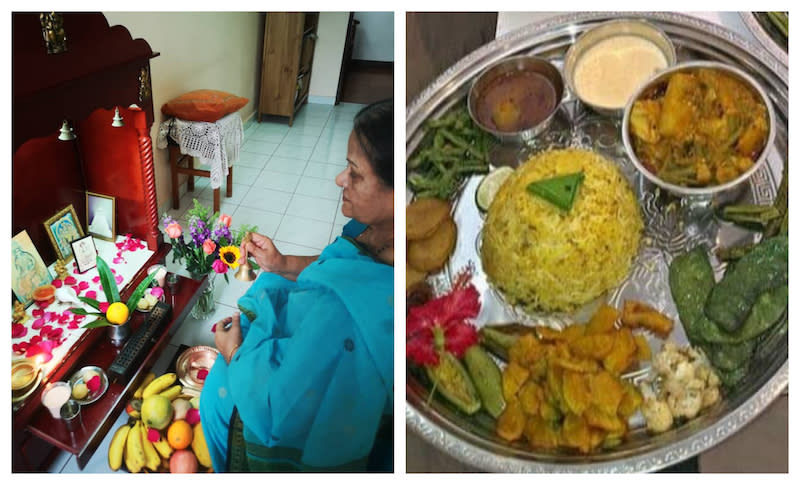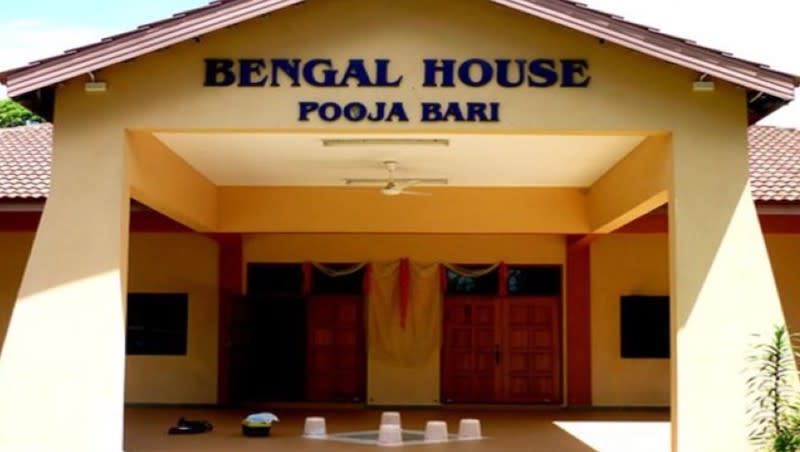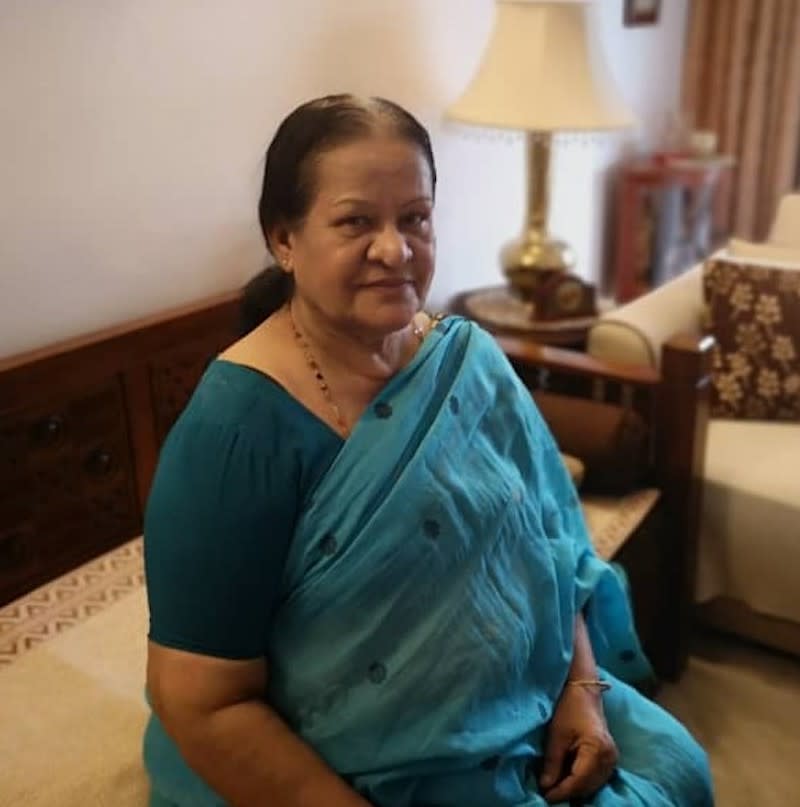Malaysian Bengali community continues Noboborsho festivities in PD ancestral home by cooking together, having small-scale performances

PETALING JAYA, April 14 — For the Malaysian Bengali community, this year brings a glimmer of hope as some of them are able to get together to celebrate the new year.
Bengali New Year is also known as Noboborsho or Pohela Boishakh.
The small-knit community is gearing up for the Purification of the Deities ceremony on April 20 where new year prayers will also be performed at the Port Dickson Bengal house, the community’s ancestral home.

The deities that will be usually worshipped on Bengali New Year are Lord Ganesha and Goddess Laxmi.
Malaysian Bengalee Association (MBA) president Swapna Das told Malay Mail that this year, the community is anticipating cooking and performing as a community since the celebration was called off last year.
“It’s a good feeling to be seeing many later this month because we have not seen each other for some time.
“Bengali art and culture is something that we hold dearly to and can only be passed down to generations through celebrations such as the new year.”
But while many are looking forward to celebrating together, many will be in their homes and spending time with their immediate family members on the actual date itself — April 15.
Besides this, the Tamil community is celebrating their new year today, known as Tamil Puthandu while Ugadi was celebrated yesterday by the Telugus.
The Malayali celebrate Vishu and the Sikh community celebrates Vaisakhi today.
Just like any other Indian new year festivities, Swapna too will be cleaning her home and putting fresh flowers on the altar, and wearing new clothes to mark a fresh start for the new year.
“Home prayers via a Facebook Live programme will be done to pray to Ganesh and Lakshmi at our respective homes followed by an online Bengali cultural programme.
“Some of the pre-recorded performances by the Bengali community include a new year song, dance medley, and a poem recitation.
“Having online performances is the only way where everyone can witness and celebrate the festivities while enjoying some cultural entertainment from their own homes.”
The MBA president will also be getting blessings from her mother, Sandhana Rani Das, on the new year and will be having a traditional Bengali meal together.
Sandhana, 78, will also be making traditional Bengali sweets such as jalebi and ghee-rich ladoo for the festivities this year in her home in Damansara Utama.
Known for making scrumptious Bengali dishes, Sandhana will be making rasgulla (syrup-filled roll), together with other women in the ancestral home in Port Dickson.

“Other dishes that the other women and I will make include Pulao (Sweet yellow rice), Patishapta Pitha (Bengali pancake) and others.
“Other food that will be cooked by the community include normal Indian dishes such as mutton curry, dhal, mixed vegetables, and chutney.”
Sandhana added that the occasion is a vibrant one, and she could not wait to mingle with the young and old on that day.
“Small-scale performances will also be done by some of the members. We are unable to have many dancers nor many poets for this year’s celebration due to the limited number of people — but we will make do with what we have,” she said.
Related Articles The Bengali New Year’s resolution: Let’s eat!



